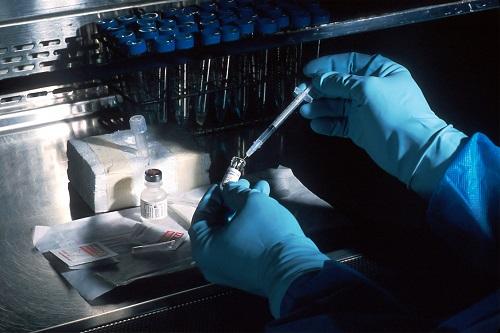The past year has highlighted the important and expanding role AI (Artificial Intelligence) has had within the life science sector. Over the coming few years, deep learning and machine learning will become increasingly important within the industry due to the range of implementation AI has on covering the drug development process.
With this in mind, Rob Beatson, Partner, Sue Foxley, Research Director and Anil Vaidiya, Life Science Commercialisation Specialistat Property consultants Bidwells discuss how AI will be adapted in the life science industry and its influence over lab demand.:
The merge of tech and life sciences is changing how the industry operates on a day-to-day basis. This is because of the breadth of application that AI has on the ability to cover the drug development process, from discovery to manufacturing that is significant.
AI will be adapted in the life science industry for the following reasons:
Discovery: Scientists in laboratories worldwide are executing numerous complex experiments every day, generating vast amounts of data. The use of AI allows researchers to predict the potential benefits of a new compound.
Clinical Trials: A high cost of invalidating a drug is in clinical trials, and this is also where many drugs fail, leading to pharma often having to write off their investment. AI offers the potential to support trial design, better choice of subject and improved data analysis.
Manufacturing: The manufacturing of a drug, especially biologicals, are an extremely complex process. The use of AI can improve quality control, reduce materials wastage and potentially lead to faster production. AI can achieve this by analysing the production data to offer suggestions and improve processes.
The introduction of AI into traditional scientific research provides scientists with analytical tools that can analyse data in a completely different way and offers the potential to provide more powerful insights from protein folding to chemical interaction. This will be revelational for drug discovery and the speed of bringing solutions to disease and ill health.
In terms of Real Estate, this means the coming together of tech and life sciences, and in the future, it is feasible with laboratory automation. We will see pharma companies and clinical research organisations establishing contractual wet labs that operate autonomously. Real Estate will likely focus more on power, cooling requirements, and data provision over the upcoming years.
For property owners and developers looking at trying to future-proof their buildings for the life science sector, flexibility in design remains key to accommodate the changes that are going to be seen in the way that science is undertaken in the future.
